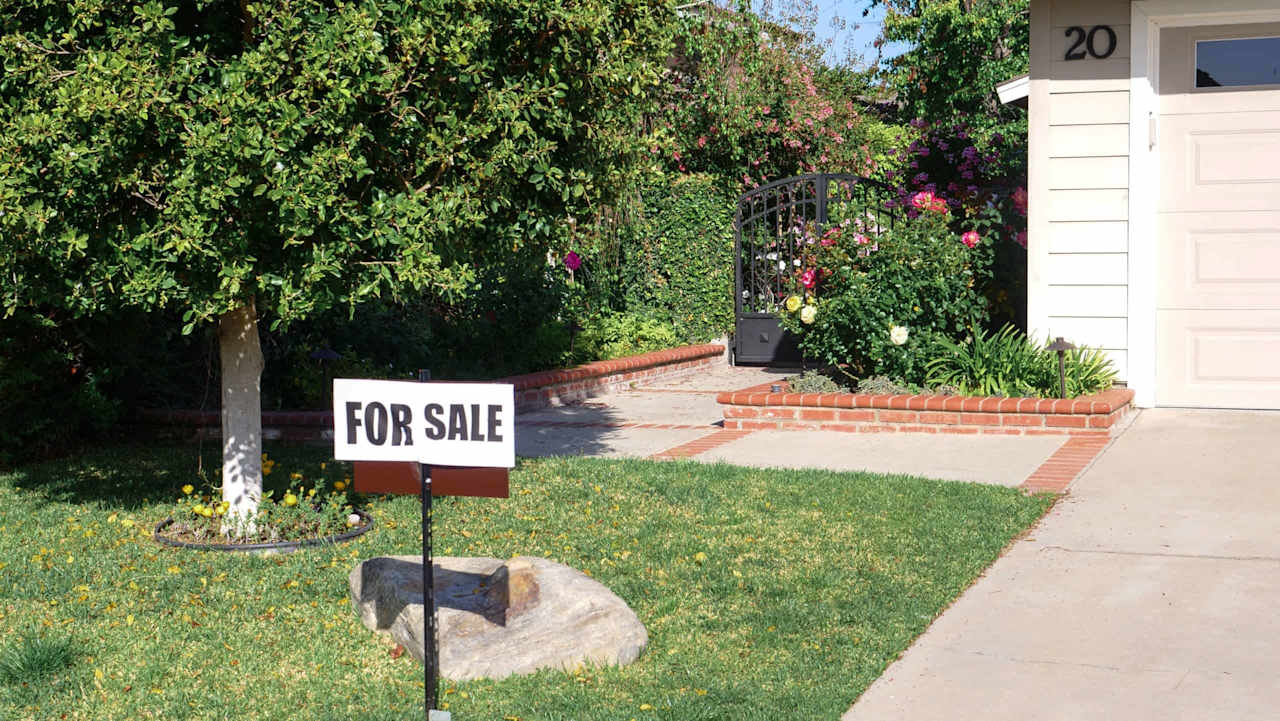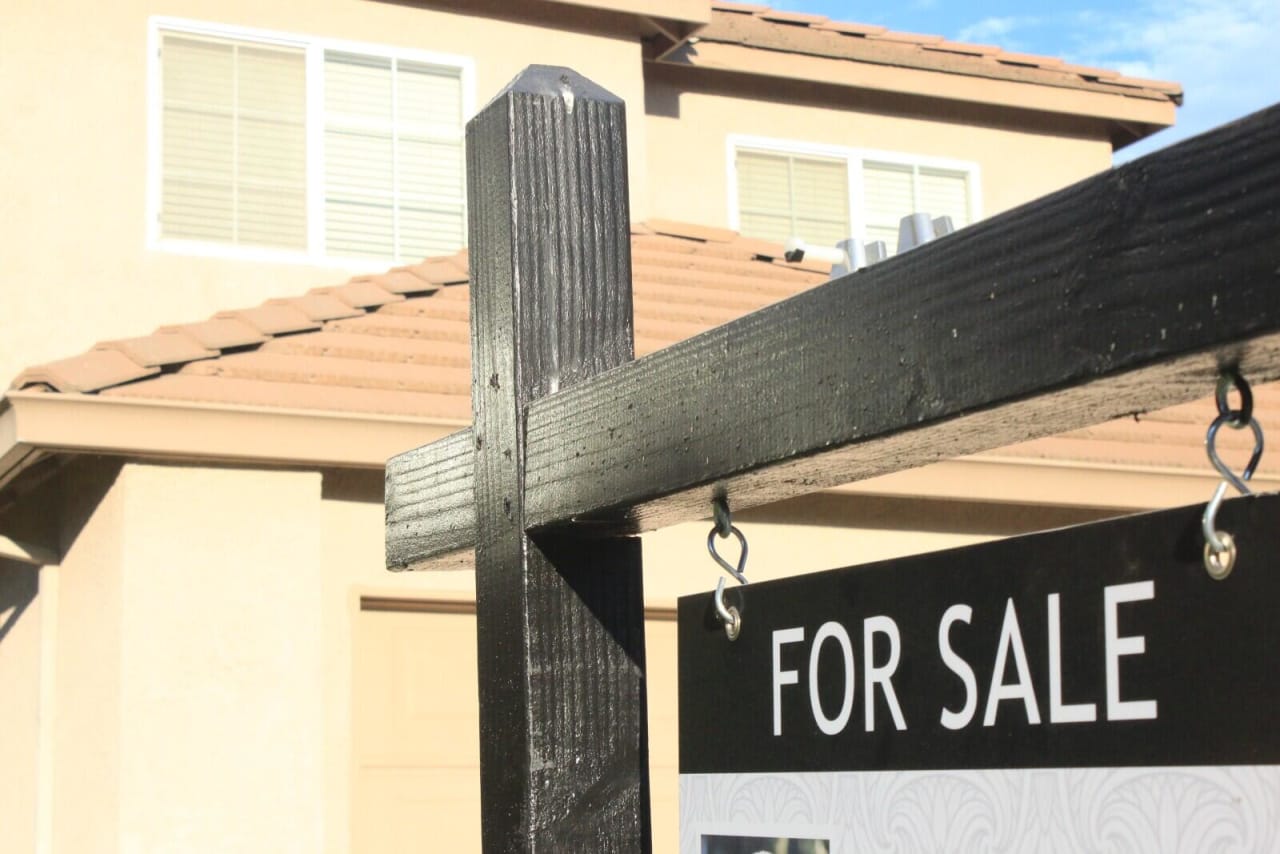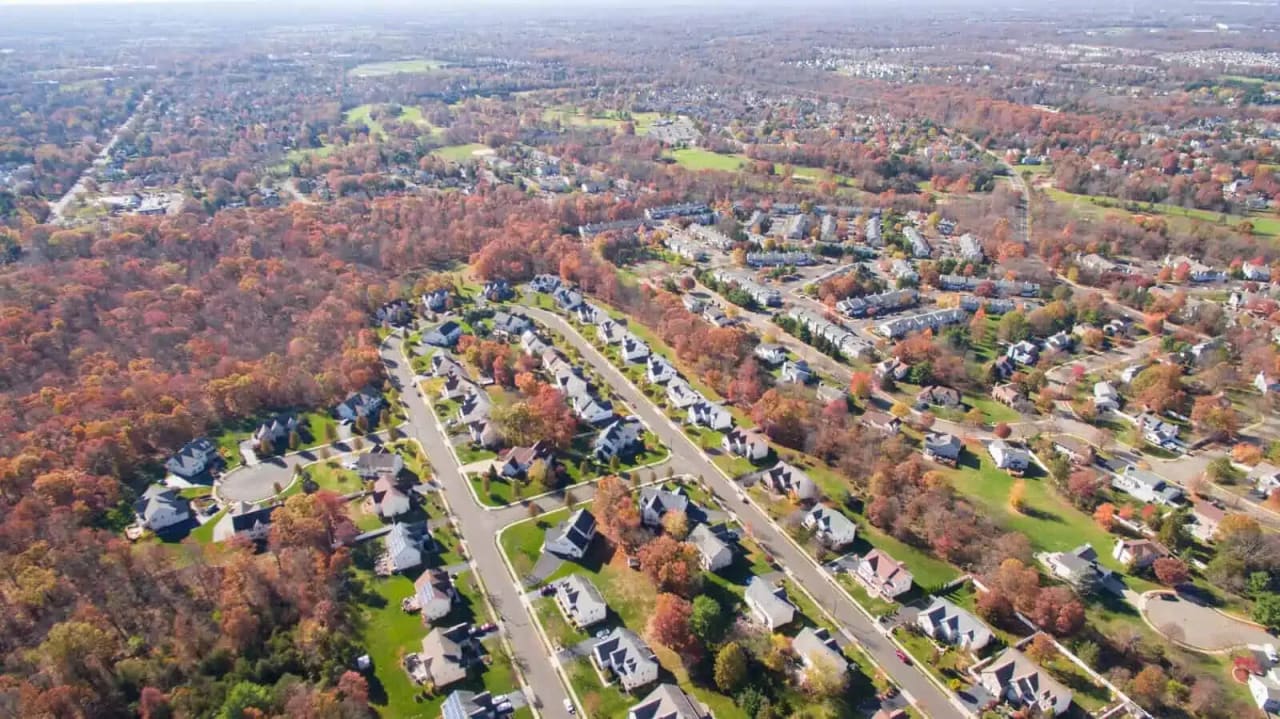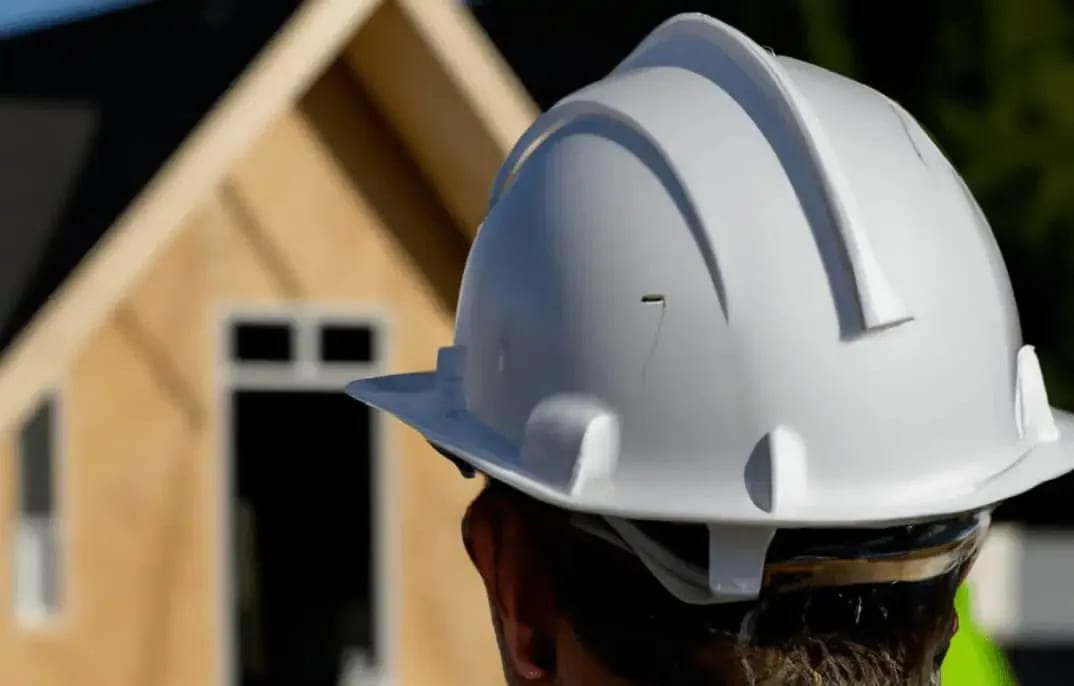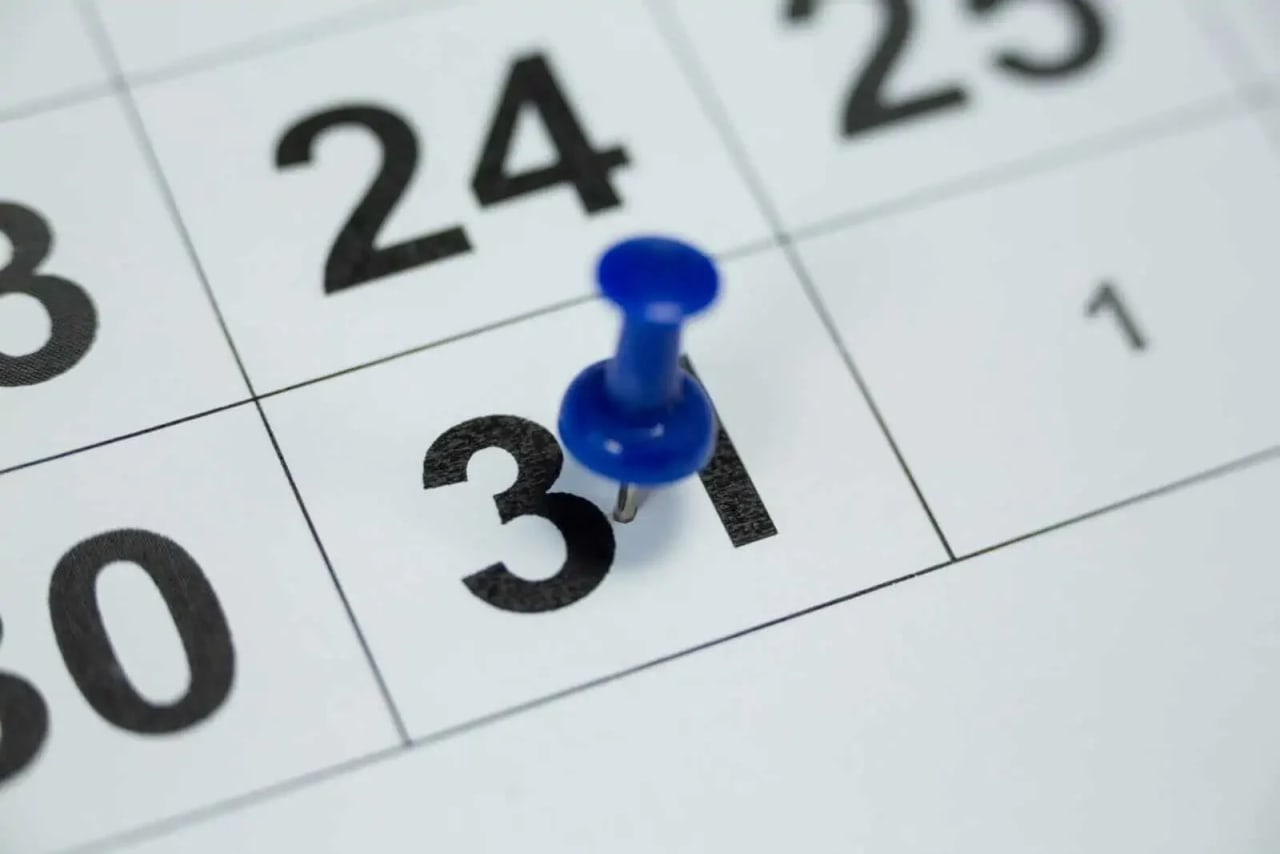Recent surveys have found that a growing number of Americans are leaning towards staying in their current home for at least eight years. In a recent report by the National Association of Realtors®, researchers found that 75% of Americans have no plans of selling within the next eight years, while only 6% of American homeowners consider staying in their homes short term, leaving after three years or less.
This wasn’t the case in 2009 when homeowners stayed in their homes for around four to five years before selling. This is because the world is inching closer toward a post-pandemic reality where people want more stability and security. Hence, more and more people are investing in real estate or prefer staying longer in their current homes because of changes in the work setup.
Nevertheless, whether unplanned or unexpected, there are several valid reasons why you might still consider selling your house sooner than you planned. This may be because of a major life redirection, a medical emergency, a career transition, or a financial decision.
You may lay awake at night, wondering: how soon can I sell my house after I’ve purchased it? Buying and selling a home is nothing new to American homeowners, and while it’s absolutely okay to sell your own property – you can sell it at any point after purchase—you might want to consider the costs involved in selling a house in order to be sure that you get the most out of your investment.
These costs may include mortgage prepayment penalties, paying capital gains taxes, or spending on necessary renovations.
Hence, the better question is, when is it a good idea to sell your house after buying it? Consider the following tips.
After You Have Met Your Closing Costs
Before you even consider putting your house up for sale, you need to remember the amount you’ve paid for closing costs when you bought your house. Closing costs are associated fees that come with buying a home. This long list of fees includes insurance payments, attorney’s fees, home appraisals, inspection, and many others. Closing costs may also include payments to a real estate agent for the purchase and sale of the house.
Thus, selling your house without considering the closing costs can make you lose money instantly and significantly. A smart move is to make sure you can recoup the closing costs before proceeding with the sale.
If you have enough money to pay for closing costs and other fees associated with the sale of your property, then you may go ahead and start planning your move. If not, you might consider holding off for a bit until you reach the breakeven point.
The breakeven point is when you know that you can cover your home’s purchase price, the closing costs, and other potential payments that come with selling your house. However, the breakeven point may vary depending on several market factors, so it’s essential to make careful calculations.
Ways to Recoup Closing Costs
Generally speaking, the way to recoup closing costs is by gaining more equity in the home or when the house has already appreciated in value.
What helps homeowners gain greater home equity is when they get a short sale or a foreclosure or make major home improvements that have sharply increased the property’s market value.
However, the reality is that breaking even or making a profit can be quite challenging, not unless you find yourself in a hot housing market. But if not, here are a few helpful hacks that can help you cut back on costs or potential losses:
- Doing DIY repairs. Preparing your home for its next resident is a must if you want to sell your property fast. Depersonalizing the spaces, doing maintenance repairs, and staging your home may entail high costs, but doing it yourself may nix that cost significantly. At the same time, these necessary touch-ups may increase your home’s selling price, so the elbow grease and all the dirty work might pay off in the end. If you have a contractor in the family or among your friend circles, you may be able to strike a good deal with them to do some great work on the house that will instantly pay off.
- Doing For Sale By Owner. If you have sufficient know-how and can comfortably sell your property yourself, opting to do FSBO can help you save on Realtor® commissions. On average, commission fees by Realtors® can add up to 6% of your home’s total sale price. Imagine the amount you can potentially save by doing it yourself. But here’s a caveat: while going it alone can help you cut costs, there are real risks to doing FSBO. Only consider this if you’re no longer a newbie in selling a house or property.
- Doing market research. Before selling your house, consider scanning the market to check if it’s a good season to sell. Certain seasons are better than others in terms of selling your home. For instance, if you want to turn a profit real quick, listing your house in the spring might be better than doing it in winter, so holding off the sale until the right season is a strategic move.
- Being strategic in selling the house. This tip is connected to the previous one. Because some seasons are more ideal for selling than others, you might want to leverage it for your own benefit. For instance, if you purchased your home during a lean season like winter, you might want to consider selling it during the summer or spring season. This way, you will be able to turn a profit when you sell your property.
- Engage the services of a real estate agent. Real estate agents can help you understand the market better in your area and use the market conditions to your advantage.
After You Have Broken Even on Downpayment
Another consideration for when you’re looking at selling your home is to do it after you have reached the breakeven point on the downpayment.
This principle is similar to when you’re considering the closing costs. When you purchased your current home, you have most likely spent a vast amount of money buying the property and putting the house in order in preparation for your move.
Since you surely don’t want to incur financial losses when selling your house, consider the upfront costs you’ve shelled out in buying the property.
After You Have Lived in Your Home for 2 Out of 5 Years
The common reason for staying two years in a house is the amount of time you’ll be needing before you can break even on the upfront costs and overall home investment you’ve spent over the years. It also gives ample time to allow the property’s market value to grow.
But the quick and straightforward explanation for this advice is the Two-Year Ownership and Use Rule. This rule requires homeowners to pay a capital gains tax if they sell their house within two years after buying it. This amount is equal to 15% of the profits you will make in the sale of the property.
The property you’re selling must be your primary residence for more than two years to avoid this tax liability. If you’re selling the house after two years of living in it, you’re exempted from paying the capital gains tax. And that’s a significant amount of money!
The rule imposes special exemptions based on the following circumstances: death in the family, job relocation, employment loss, natural disasters, or severe medical reasons.
Consulting a tax professional before selling your house is a must if you want to be sure that you’re not incurring tax liabilities in the home sale.
After You Are in the Clear With Mortgage Lender
While it’s not common, there are mortgage lenders who impose mortgage prepayment penalties when homeowners sell their home shortly after buying it.
This is because mortgage lenders are trying to avoid losing out on potential interest they could have acquired over time if only the homeowner had decided to keep the property. This penalty usually amounts to around 2 to 5% of your loan balance.
To avoid being surprised by this sudden cost, check with your lender before putting your house up for sale.
The most important concept to remember is that before selling your house, you must know the current fair market value of your property and then compute the outstanding mortgage, the estimated closing costs, and potential tax implications. This will give you a good grasp of whether to proceed with the sale or not.
All in all, selling your home entails certain costs that you need to consider and prepare for carefully. It can cost you a significant amount of time, money, and energy, so it is vital to go through it strategically and conscientiously to avoid losing money.
